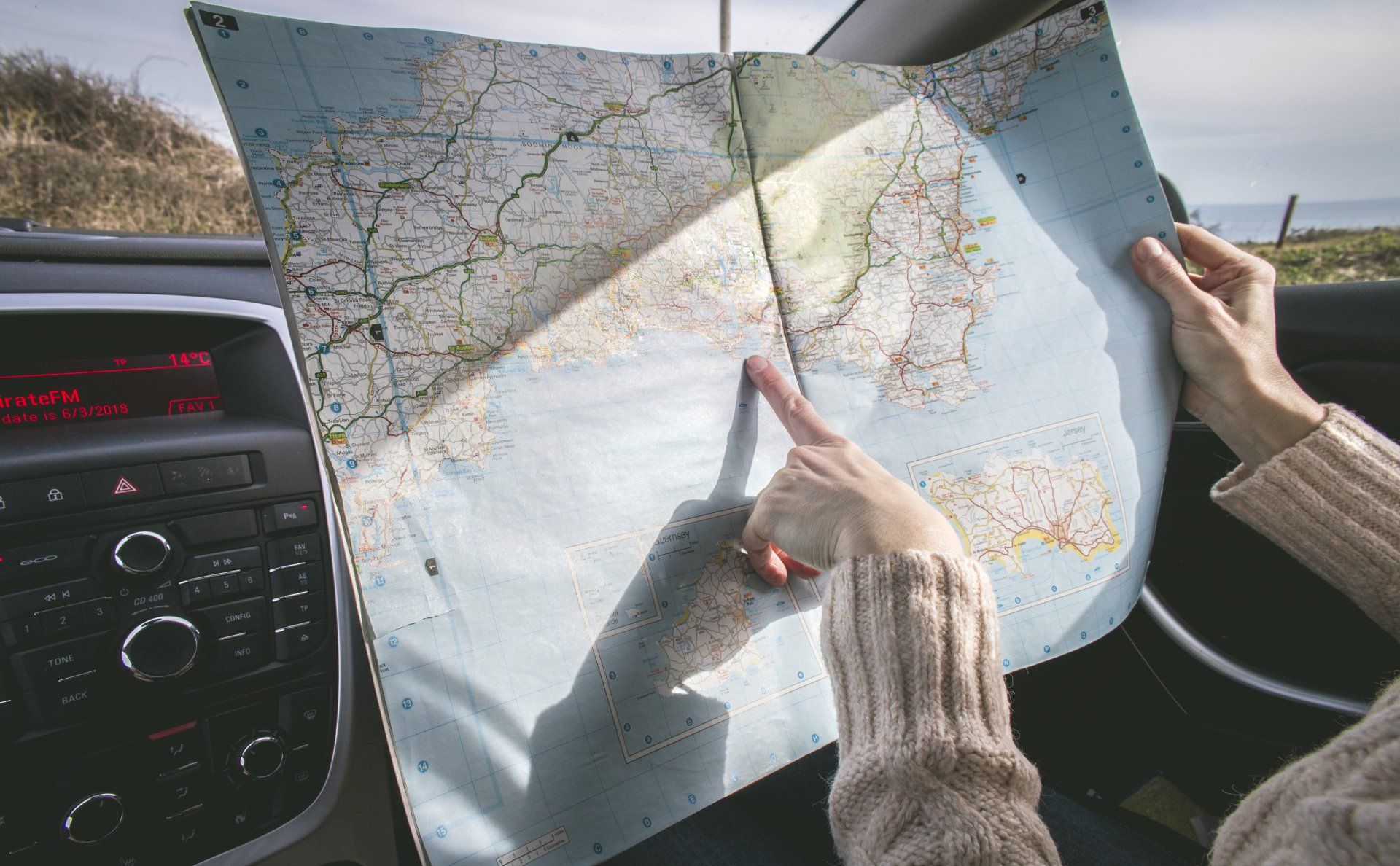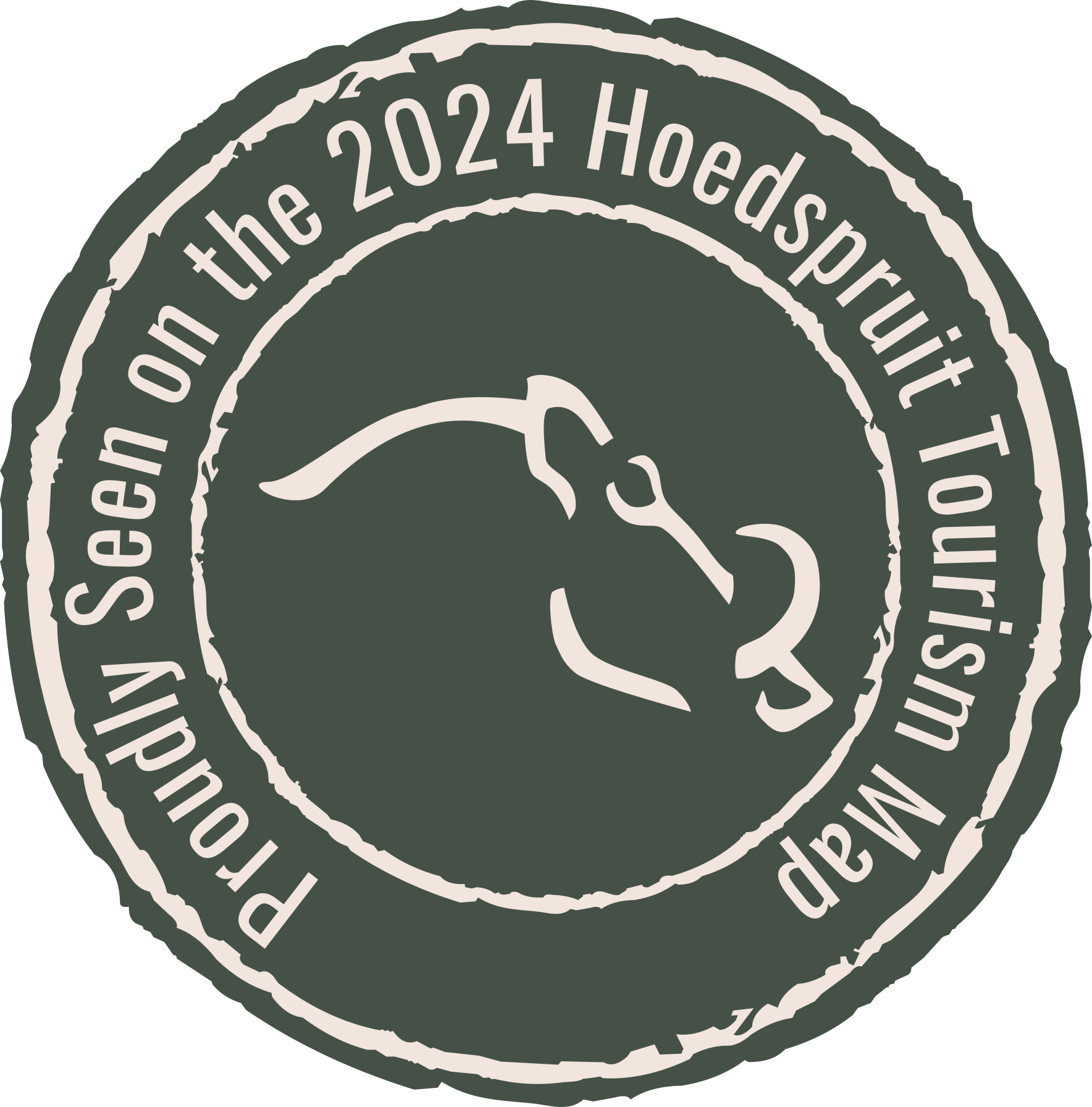Navigating the Intersection of AI, Privacy, and Sustainable Tourism
The Future of Personalised Travel
As the travel industry continues to evolve, so too does our desire for more personalised and tailored experiences. Thanks to advancements in artificial intelligence (AI) and machine learning, travel companies are now able to harness vast amounts of data to offer travellers personalised recommendations and curated itineraries. This exciting frontier holds immense potential for transforming the way we travel, but it also raises important questions about privacy, the role of algorithms, and the impact on sustainable tourism. In the context of Africa's vibrant safari industry, where sustainable travel is of paramount importance, striking the right balance between personalisation, privacy, and sustainability becomes crucial.
This is a new world of travel. AI algorithms analyze vast troves of data to gain insights into travellers' preferences, behaviour, and past travel history. By understanding individual interests, travel patterns, and even social media activity, travel companies can offer tailored suggestions for destinations, accommodations, activities, and even local cuisine. Imagine receiving a personalised itinerary that takes into account your love for wildlife, adventure, and cultural immersion, while also considering your sustainability values. Such customised travel experiences have the potential to make each journey more memorable and fulfilling.
In the context of Africa, personalised travel recommendations can empower travellers to explore the rich biodiversity and cultural heritage that the continent offers. Whether it's venturing into the Serengeti to witness the Great Migration, embarking on a transformative gorilla trekking experience in Uganda, or immersing oneself in the vibrant Maasai culture, personalised recommendations can help travellers discover the hidden gems that align with their interests. By embracing personalisation, the safari industry in Africa can unlock new avenues for promoting sustainable tourism, as travellers can be directed to conservation-conscious lodges, community-based tourism initiatives, and responsible wildlife encounters
Challenges
However, as we embrace the potential of AI in personalising travel experiences, we must also confront the challenges it presents. Privacy concerns come to the forefront, as the collection and utilization of vast amounts of personal data raise questions about data security and individual consent. It is imperative that travel companies adopt robust data protection measures, ensuring that travellers' personal information is handled responsibly and in compliance with privacy regulations. Transparency becomes paramount, with companies clearly communicating their data practices and offering travellers the ability to control their data and make informed choices.
Furthermore, the reliance on algorithms to make travel recommendations raises important ethical considerations. While AI can provide valuable insights and enhance the travel experience, we must be cautious of the potential biases and limitations that algorithms may introduce. It is essential to continually evaluate and refine these algorithms to mitigate biases and ensure fair and inclusive recommendations. By doing so, we can foster a travel industry that embraces diversity, cultural sensitivity, and respects local communities.
Personalisation
In the pursuit of personalisation, it is vital to strike a delicate balance between satisfying individual desires and promoting sustainable tourism. Sustainable travel practices, such as minimizing environmental impact, supporting local economies, and respecting cultural heritage, must remain at the forefront of personalised travel recommendations. AI algorithms can be harnessed to suggest sustainable travel options, such as eco-lodges, responsible wildlife encounters, and community-based initiatives. By incorporating sustainability considerations into personalised itineraries, travellers can embark on transformative journeys that not only enrich their own lives but also contribute positively to the destinations they visit.
As we envision the future of personalised travel, we must not lose sight of the human touch. While AI and machine learning can provide valuable insights and recommendations, the essence of travel lies in human connections, cultural exchanges, and the spontaneity of exploration. Personalisation should enhance, not replace, the role of knowledgeable and empathetic travel professionals who can provide genuine insights, local expertise, and authentic recommendations that go beyond the confines of algorithms.
The future of personalised travel in the context of Africa's safari industry holds tremendous promise. AI and machine learning technologies can revolutionise the way we travel by offering tailored recommendations, curated itineraries, and unique experiences. However, it is crucial to navigate this new world with a keen eye on privacy, ethical considerations, and sustainability. By embracing personalisation while upholding privacy standards, mitigating biases, and prioritising sustainable practices, we can shape a future where travellers can embark on transformative journeys that reflect their individuality, respect the destinations they visit, and contribute positively to the world of sustainable tourism.
Articles







